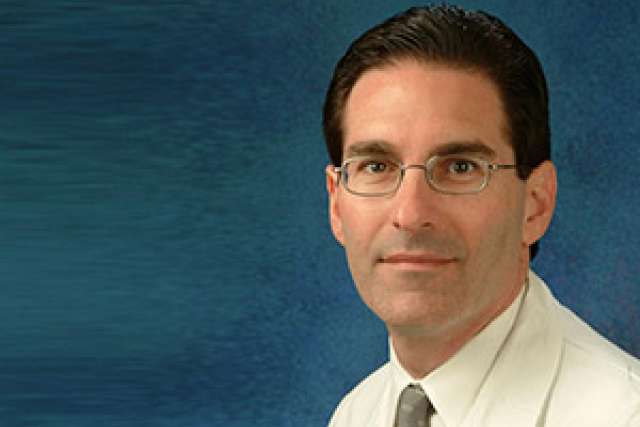FINDINGS
A UCLA-led study estimates that almost 28,500 deaths could be prevented each year in the U.S. through use of a new FDA-approved class of cardiovascular medication that helps reduce mortality in patients diagnosed with heart failure and reduced ejection fraction, the percentage of blood pumped from the heart with each contraction.
BACKGROUND
Previous studies have demonstrated that ‘angiotensin receptor neprilysin inhibitor’ (ARNI) therapy using a new class of medication (generic name: sacubitril and valsartan) reduces mortality in patients with heart failure and reduced ejection fraction. The therapy works by enhancing the body’s protective hormonal systems while simultaneously inhibiting the overactive hormones that harm the heart.
In this study, researchers wanted to quantify the number of deaths that could be prevented or postponed with ARNI therapy. Researchers conducted the study by analyzing published data of patients who were eligible for the therapy, estimates of the number of people in the U.S. diagnosed with heart failure and reduced ejection fraction, and the numbers needed to treat with the medication to avert death.
IMPACT
More than 2.7 million patients in the United States have been diagnosed with heart failure and reduced ejection fraction. Of these patients, 84 percent (almost 2.3 million) are potential candidates for ARNI therapy. This study showed that, if ARNI therapy were comprehensively applied to eligible patients, it could potentially prevent 28,484 deaths each year.
“These findings support the timely implementation of ARNI therapy into routine clinical practice because this will have substantial impact on population health for patients with heart failure,” said the study’s lead author, Dr. Gregg Fonarow, the Eliot Corday Chair in Cardiovascular Medicine and Science, director of the Ahmanson–UCLA Cardiomyopathy Center and co-chief of the UCLA Division of Cardiology.
AUTHORS
In addition to Fonarow, authors included Dr. Adrian Hernandez of Duke; Dr. Scott Solomon of Brigham and Women’s; and Dr. Clyde Yancy of Northwestern.
JOURNAL
JAMA Cardiology, published online June 22, 2016
FUNDING
The authors report no external funding for this study.
DISCLOSURE
Fonarow has received research grants from the National Institutes of Health and consulting fees from Amgen, Janssen, Medtronic and Novartis. Hernandez received research support from Amgen, AstraZeneca, Merck and Novartis and honoraria from Amgen, Luitpold, Merck and Novartis. Solomon received research grants from Novartis to Brigham and Women’s Hospital and consulting fees from Novartis, Amgen and Bayer.
Media Contact:
Amy Albin
UCLA Health Sciences Media Relations
[email protected]
(310) 794-8672



